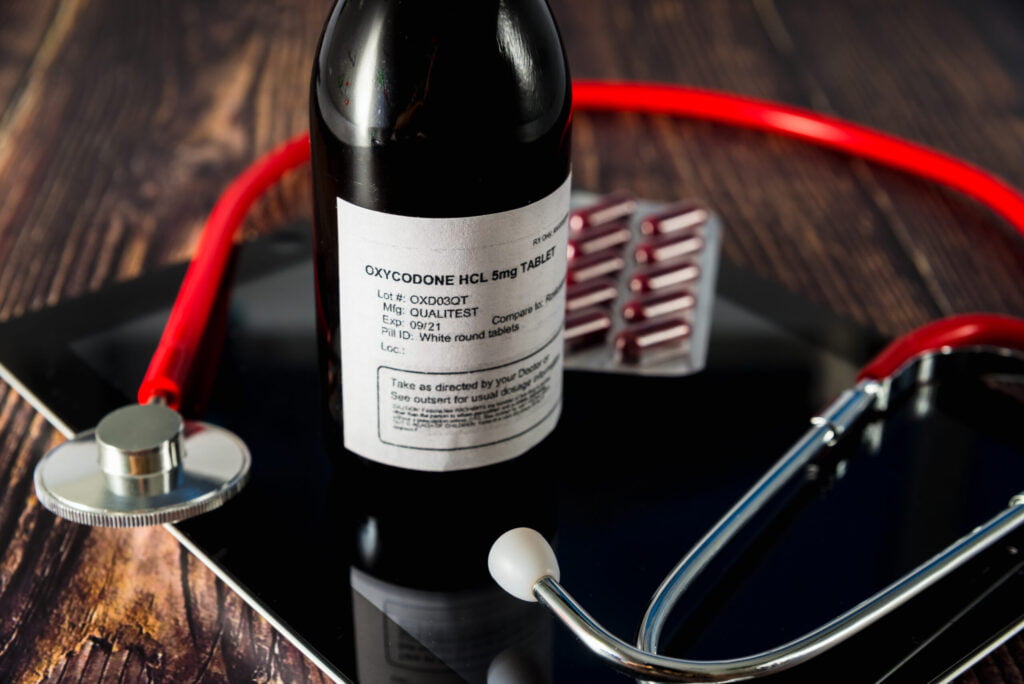Substance abuse is a growing problem in the United States and around the world, but rehabilitation centers are doing their part to help those affected by this disease. So, how does rehab work? In this article, we will discuss the many different ways in which rehabilitation centers treat substance use disorders. From medication and counseling to holistic methods and lifestyle changes, there are numerous options that can be used to help those struggling with addiction. Keep reading to learn more about the various treatments available.
Detoxification
One way that rehab centers treat substance abuse is through detoxification. This is often the first step in addiction treatment and involves the process of removing drugs or alcohol from the body. It is typically carried out under medical supervision and may involve medication to help manage withdrawal symptoms. The goal is to help individuals overcome their physical dependence on drugs or alcohol, which is a necessary step before they can begin the process of rehabilitation.
While detoxification can be an important first step in addiction treatment, it is important to note that it is not a complete treatment in itself. It is only one part of a larger, holistic treatment plan that also includes behavioral therapy, medication-assisted treatment, and other forms of support. It should be followed by ongoing addiction treatment and support to help individuals achieve long-term recovery and maintain sobriety.
Behavioral Therapy

One way that rehabs treat substance abuse is through behavioral therapy. This type of therapy focuses on changing thought patterns and behaviors related to substance abuse. By addressing the underlying causes of addiction, individuals can develop new coping skills and strategies for managing cravings and avoiding triggers that may lead to relapse. Behavioral therapy can take many forms, such as cognitive-behavioral therapy (CBT), dialectical behavior therapy (DBT), and contingency management therapy.
Behavioral therapy can be an effective treatment option for individuals with substance abuse issues, particularly when combined with other forms of treatment such as medication-assisted treatment (MAT) or group therapy. Through behavioral therapy, individuals can gain a deeper understanding of the factors that contribute to their addiction and develop the skills and tools needed to achieve long-term recovery.
Medication-Assisted Treatment (MAT)
One way that rehabs treat substance use disorder is through MAT. MAT involves the use of medications, such as methadone, buprenorphine, or naltrexone, to help manage withdrawal symptoms and reduce cravings for drugs or alcohol. These medications can be used in combination with other therapies, such as counseling, to provide a comprehensive approach to addiction treatment. MAT can be particularly effective for individuals struggling with opioid addiction, as it can help reduce the risk of overdose and improve long-term recovery outcomes.
MAT has been shown to be an effective tool in treating substance abuse and addiction, and it is often used in conjunction with other evidence-based therapies. However, it is important to note that MAT is not a one-size-fits-all approach, and the most effective treatment plan will depend on the individual’s specific needs. It is important to work with a qualified healthcare professional to determine the best course of action and to receive ongoing support throughout the recovery process. With the right combination of medication and therapy, individuals can achieve long-term recovery and regain control of their lives.
Dual Diagnosis Treatment

One way that rehab centers treat substance use disorder is through dual diagnosis treatment. This approach recognizes that substance use often co-occurs with other mental health conditions such as depression, anxiety, or post-traumatic stress disorder (PTSD). Dual diagnosis treatment involves addressing both the substance use and the underlying mental health condition to achieve long-term recovery.
By addressing both substance use and underlying mental health condition, this treatment can help individuals develop the skills and tools they need to manage their symptoms and maintain sobriety. This approach can also help reduce the risk of relapse and improve the overall quality of life. However, it is important to note that this treatment can be complex and requires a comprehensive assessment by a qualified healthcare professional to determine the best course of action for each individual.
Overall, rehabilitation centers play an essential role in the treatment of substance use disorders, providing vital psychological, medical, and educational support to aid in the recovery process. Through a combination of evidence-based practices, therapy, and holistic approaches, rehabilitation centers are helping individuals to achieve long-term sobriety and improve their overall quality of life.



